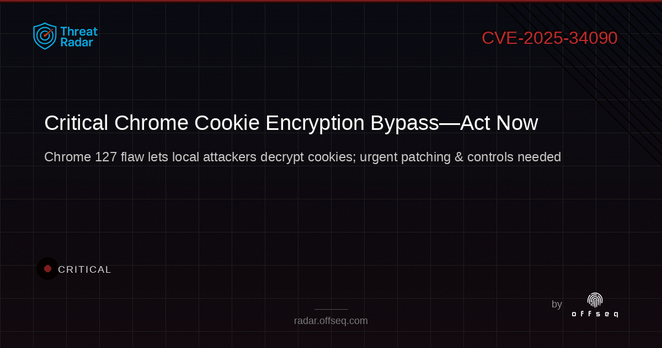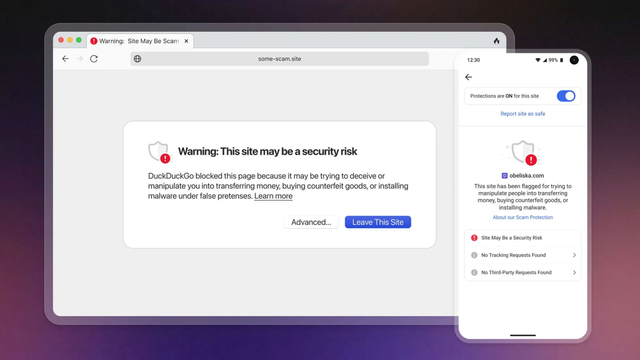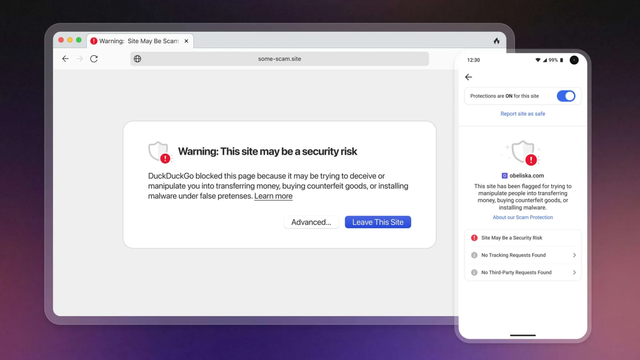Browser-Erweiterungen machen fast 1 Mio. Browser zu Website-Scraping-Bots.
👉 Liste der betroffenen Add-ons: https://docs.google.com/spreadsheets/d/e/2PACX-1vT1XgBs25gRlg5e3nYCAff967WMtZZTO-TB3rR9zszaJpTpCVFg8j7FkBxnHb3tw3aHGjKBGSxYyLgV/pubhtml
#BrowserSecurity #Privacy #Infosec #Security #Sicherheit #Firefox #Chrome
/kuk


